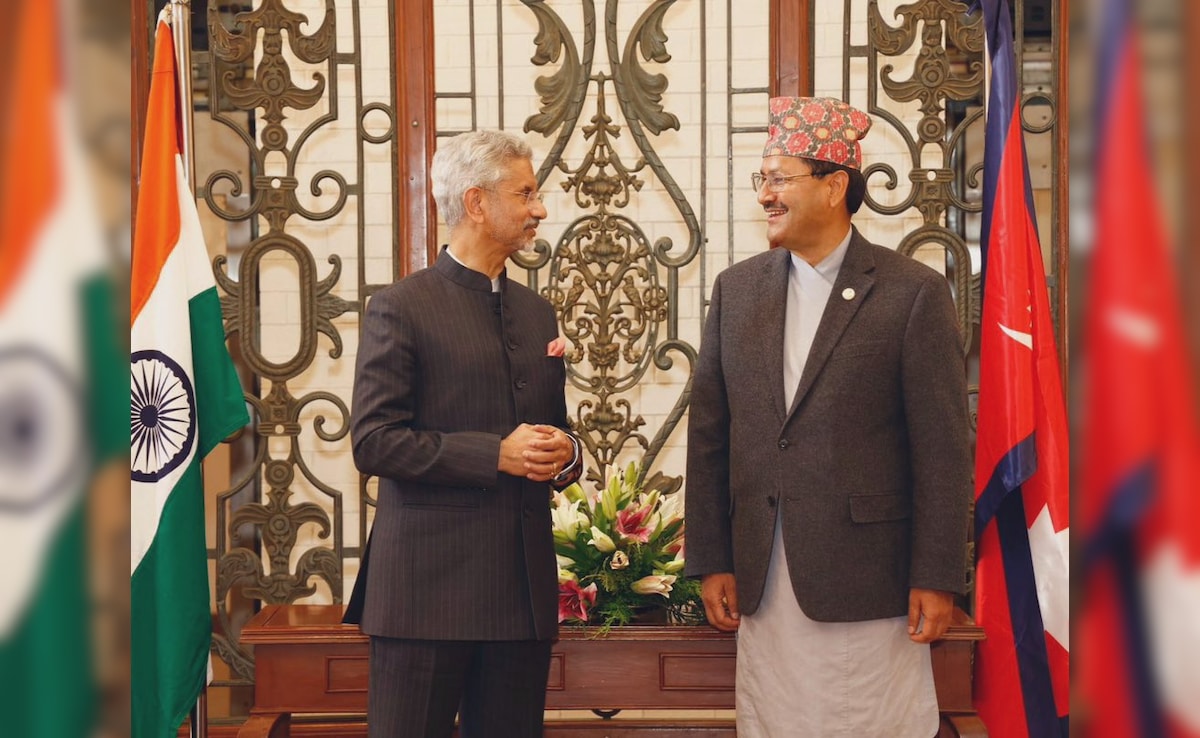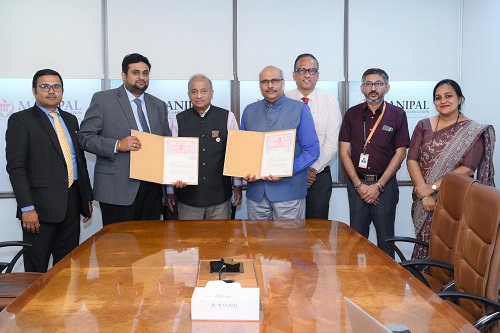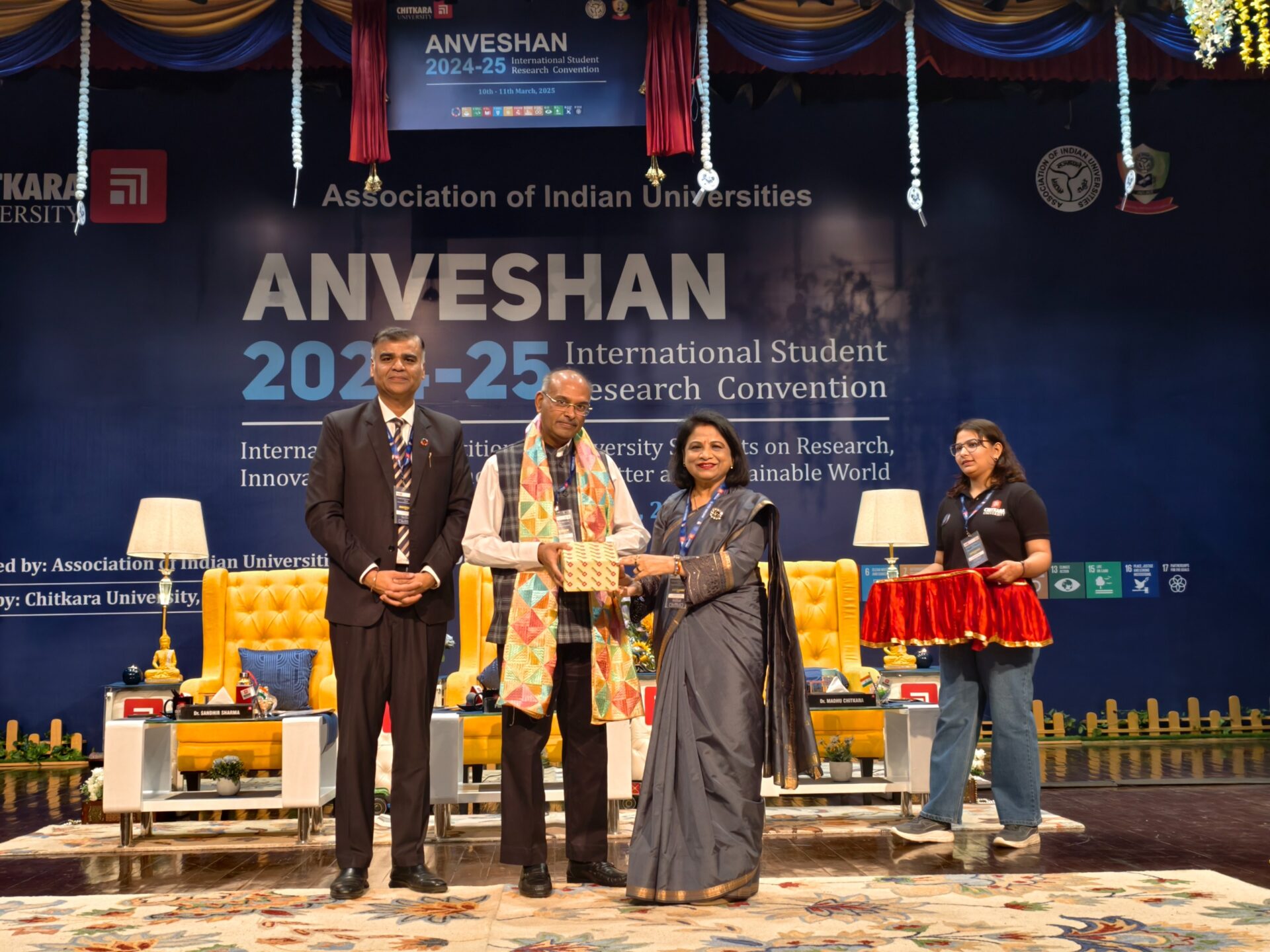India and Nepal on Thursday signed a slew of agreements as External Affairs Minister S Jaishankar held a “comprehensive and productive” meeting with his Nepalese counterpart NP Saud and discussed overall bilateral ties, trade, connectivity projects, and cooperation in defence and security among others.
Mr Jaishankar, who arrived in Nepal earlier in the day on his first visit to a foreign country in 2024, co-chaired with Saud the 7th India-Nepal Joint Commission meeting.
“Discussions focused on our overall bilateral ties, trade & economic relations, land, rail & air connectivity projects, cooperation in defense & security, agriculture, energy, power, water resources, disaster management, tourism, civil aviation, people-to-people & cultural exchanges and development partnership,” Mr Jaishankar said in a post on X.
Co-chaired with my counterpart FM @NPSaudnc a comprehensive and productive meeting of the 7th India-Nepal Joint Commission.
Discussions focused on our overall bilateral ties, trade & economic relations, land, rail & air connectivity projects, cooperation in defense & security,… pic.twitter.com/YNjWtQ777g
— Dr. S. Jaishankar (@DrSJaishankar) January 4, 2024
The two sides also exchanged agreements on implementation of High Impact Community Development Projects, Long Term Power Trade, Cooperation in Renewable Energy Development, Munal Satellite and Handover of 5th tranche of post-Jajarkot earthquake relief supply.
The two leaders also jointly inaugurated three cross-border transmission lines.
Nepal’s Foreign Ministry said that various aspects of Nepal-India relations were discussed on the occasion under the thematic areas of economic relations, connectivity, trade and transit, power and water resources, education and culture, and political matters among others.
Earlier, Mr Jaishankar called on President Ramchandra Paudel and Prime Minister Pushpa Kamal Dahal ‘Prachanda’ during which the two sides exchanged substantive views on the age-old, unique, and multifaceted Nepal-India relations.
Jaishankar called on Prime Minister Prachanda at the latter’s office ‘Singhdurbar’ and conveyed the warm wishes of Prime Minister Narendra Modi.
Nepal is important for India in the context of its overall strategic interests in the region, and the leaders of the two countries have often noted the age-old “Roti Beti” relationship.
The country shares a border of over 1,850 km with five Indian states – Sikkim, West Bengal, Bihar, Uttar Pradesh and Uttarakhand. Land-locked Nepal relies heavily on India for the transportation of goods and services.
In June, Prime Minister ‘Prachanda’ visited New Delhi during which both sides signed several major pacts including one on increasing New Delhi’s import of power from the neighbouring country to 10,000 MW in the next 10 years from the current 450 MW.












